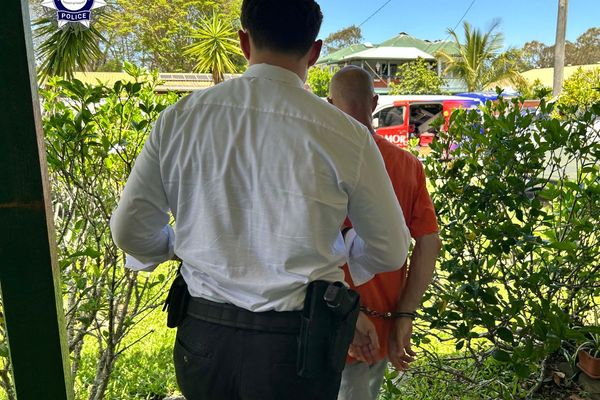
The spokesman for the German Foreign Ministry in the Middle East and North Africa, Dennis Kumetat, stressed that Germany and the Kingdom of Saudi Arabia share a “deep” partnership.
“Berlin is following with interest the political and social reform processes initiated by Saudi Crown Prince Mohammad bin Salman, which would modernize the state, especially the role of women,” pointed out Kumetat.
Kumetat expressed his country’s “readiness to support Saudi Arabia in taking more steps on this path.”
“The kingdom plays a major role in regional politics in many respects and is, therefore, an important dialogue partner for Berlin,” he told Asharq Al-Awsat.
“We welcome the increasingly constructive Saudi role, as well as the efforts of the (Gulf Cooperation Council) regarding its policy towards Yemen.”
Furthermore, Kumetat described the economic partnership between Berlin and Riyadh as “close.”
He pointed to the “increasing” presence of German companies in the Kingdom, adding that Germany welcomes Riyadh becoming a global player in modern and sustainable energy production.
“Goals of expanding renewable energies by 2030 to reach 30% of the electricity mix are very ambitious, and Germany is happy to provide support in this field,” revealed Kumetat.
The official spokesman also referred to what he described as a “special partnership” with Riyadh in the field of hydrogen, especially since Berlin relies on importing green hydrogen to achieve its goal of reducing carbon emissions to zero by 2045.
“Saudi Arabia has excellent capabilities for producing and exporting hydrogen,” said Kumetat.
As for Iran, Kumetat said his country was closely watching internal and external developments with “grave concern.”
“The regime in Tehran is under great pressure from its people to open up, but it does not respond to that with dialogue, but rather with brutal repression, arbitrariness, and violence,” noted Kumetat, adding that Germany denounces the Iranian regime’s oppression of its people.
Kumetat also referred to his country’s condemnation of Iran’s “problematic role” in the region, especially in countries like Syria and Iraq.
He also voiced Germany’s concern about the “increasing long-term moves of Iran’s nuclear policy” and stressed the need for action “to avoid a nuclear escalation.”
“It is understandable for Arab Gulf states to view Tehran with great skepticism,” said Kumetat, adding that German Foreign Minister Annalena Baerbock had discussed the matter in detail with Saudi Foreign Minister Prince Faisal bin Farhan at the Munich Security Conference.
“Germany will continue to rely on diplomacy and political solutions in this regard,” emphasized Kumetat.
“It is important that the channels of dialogue remain open despite the tensions,” he added.
Regarding the Ukrainian crisis, Kumetat stressed that “only Ukraine decides whether and when negotiations will take place.”
The German spokesman stressed that Ukrainians were defending themselves against Russia, which had invaded their lands.
According to Kumetat, the German chancellor had repeatedly stressed to Russian President Vladimir Putin the need to end this “illegal war of aggression.”
Concerning the Palestinian-Israeli conflict in the Middle, Kumetat reiterated the German government’s commitment to finding a peaceful solution and said that Berlin has strong relations with both warring parties.
He also stressed that Germany shares significant relations with primary international players involved in the conflict.
“It is important for Germany that the two parties continue to pursue the possibility of achieving a two-state solution based on the Oslo agreement.”
On the Syrian issue, Kumetat stressed that “Germany will not abandon the people in Syria.”
Syrians have suffered from war and its consequences for over a decade.
“Germany is the second largest donor to Syria, as it provided more than 1.8 billion euros last year alone,” reminded Kumetat.
Given the earthquake disaster that struck parts of northern Syria, Berlin has upped its humanitarian commitment in the war-torn country by 50 million euros.
“We will continue to look further into the future and help where it is most needed,” asserted Kumetat.
On whether the earthquake catastrophe has created a new dynamic for the possibility of normalizing relations with the regime of Syrian President Bashar al-Assad, Kumetat said: “Assad’s regime has been responsible for a brutal war against its people for more than a decade.”
“The only way to normalize ties is through the regime providing significant and verifiable political concessions within the framework of the UN-led Geneva process,” explained Kumetat.







